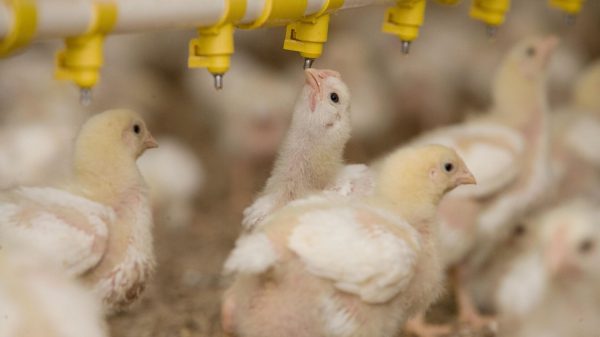 Rising petrol and diesel prices threaten to undermine Rishi Sunak's pledge to halve inflation by December Photo: REUTERS
Rising petrol and diesel prices threaten to undermine Rishi Sunak's pledge to halve inflation by December Photo: REUTERS
Jeremy Hunt welcomed fall in inflation Last week he said data showed his economic recovery plan was working.
But soaring oil prices now threaten to spoil the party and could become a major election headache for the government.
>
Saudi Arabia and Russia, the world's second- and third-largest oil producers, are cutting crude supplies, a move that threatens not only to stall falling inflation but could also push prices higher again.
By the middle of next year, voters could face rising fuel prices, persistent inflation and much higher housing costs due to high interest rates.
The timing couldn't be worse: by then the Conservative Party will be leading the most tough election struggle in recent years. Polls already show the Tories trailing Labor by 19 points.
Continued decline in inflation is not a given
Oil prices have risen 30% since June, with benchmark Brent trading at $94.10 a barrel on Friday. Economists predict that the price could soon break the $100 mark.
2409 Brent price per barrel
Gasoline and diesel prices have already risen as much as 9% since June and are expected to continue rising.< /p>
This threatens to undermine Rishi Sunak's pledge to halve inflation by December, which would require reaching 5.2%.
Inflation unexpectedly fell to 6.7% in August, giving Downing Street a boost. But Ashley Webb of Capital Economics says rising oil prices mean further cuts are not a given.
“It's about whether the Prime Minister can actually deliver on his inflation promise or not,” he says. .
“If oil prices rise to $100 a barrel by the end of this year, we still expect inflation to fall to 5.2% in December.”
However, if prices continue to rise to $150, «the Prime Minister will easily break his promise,» he says.
Oil prices rise as OPEC countries bargain. The cartel has steadily reduced crude oil exports throughout the year. The drop in supply means there are now two million fewer barrels coming onto the market each day compared to early 2023.
Saudi Arabia and Russia have also imposed further voluntary restrictions on their output until the end of the year.< /p>< p>Making matters worse, Vladimir Putin last week banned all exports of Russian diesel fuel. As a result, there will be a million fewer barrels coming into the market each day.
Warren Patterson, a commodities analyst at Dutch bank ING, says: “The oil market is essentially in a pretty big deficit for the rest of this year. «.
The world market forecasts that in the last months of 2023 the oil deficit will be 3.3 million barrels per day.
«In the short term, we may well see Brent trading above $100 a barrel,» says Patterson.
High fuel prices will hit the Conservative Party center the hardestFor producers, that's the bottom line. S&P Global estimates that Saudi Arabia makes the lion's share of its money from fuel exports, and its budget only breaks even when prices are in the $80 to $88 per barrel range.
However, OPEC+ will face intense political pressure to increase supplies next year. Higher oil prices not only translate into higher prices at the pump, but also higher inflation overall as fuel costs impact everything from production to logistics.
In addition to the UK, the US and India, two major oil consumers, will also hold elections next year. Policymakers will be keen to ensure that fuel prices do not become a dominant issue.
Gasoline prices can easily become a political flashpoint. Blockades by affected lorry drivers caused huge unrest in Britain in 2000, and protesters upset over high fuel prices also disrupted motorways last year.
In France, rising fuel prices sparked a protest movement for the first time.» yellow vests» in 2018 and provoked mass protests.
Higher petrol and diesel prices will hit Tory heartlands hardest, where rural voters rely on their cars.
2409 Conservative voters say government policies favor non-drivers
This threatens to undermine the Tory message that the government has more drivers. -friendly than a Labor Party administration would be. This election message is seen as key to turning around the Conservative Party's dismal polling results.
“There are at least some people within the Conservative Party who want to demonstrate that they may be more motorist friendly than they are think. Labor will be,» says Sir John Curtis, a polling expert and professor of political science.
That message will be harder to get across if drivers face much higher fuel costs, he says.< /p>< p>As a result, Hunt and Sunak will look nervously at rising pump prices.
“The question is, who will people blame?” says Curtis. “Will they blame the government or President Putin?”
























































Свежие комментарии